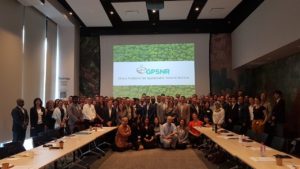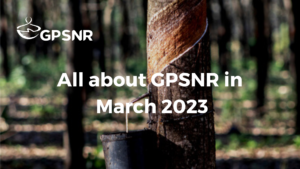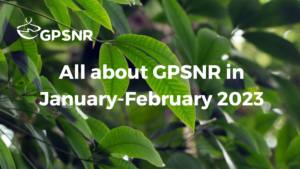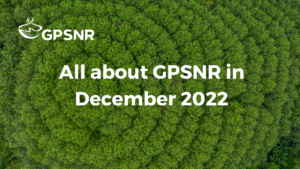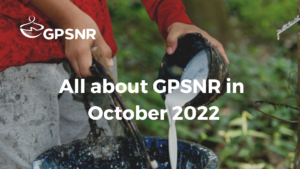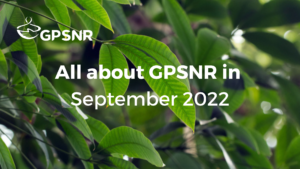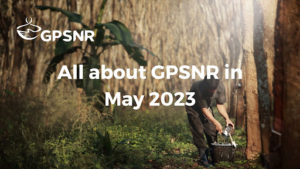
GPSNR Working Groups Update: May 2023
Strategy and Objectives Working Group: The consortium of Agridence and Koltiva have initiated field trials for the Risk Subgroup Traceability Pilot. The Risk Subgroup is also planning the next steps for the deliverable from ASI regarding the Risk Assessment Framework, including internal piloting and cross-walking with GPSNR commissioned studies to identify any gaps.
Additionally, the Risk Subgroup and Basel Institution are in preliminary discussions for a potential collaboration to investigate corruption risk in the supply chain. The Assurance Model Task force will convene to receive updates on KPI alignments, the due diligence system, and the progress model of its members.
Smallholders Representation and Capacity Building (SCB) Working Group: The SCB WG has formally endorsed the Terms of Reference (TORs) on April 27, and the Smallholders Policy-Equivalent (SPE) Taskforce is currently working towards securing the SCB WG’s endorsement for the final recommendations presented in their report.
The Thailand National Subgroup recently announced a tender for GAP Coaching on May 4, with a proposal submission deadline of June 30, 2023. Meanwhile, the Agroforestry-Income Diversification Taskforce is working on finalising the workshop schedule for the years 2023-2024. Lastly, the SCB WG will continue to oversee all projects taking place in Indonesia and Thailand.
Policy Toolbox Working Group: The working group has chosen consultant Petra Westerlaan to propose a quantitative approach for the reporting matrix, including a crosswalk with other reporting frameworks (CDP Forest, GRI, and ZSL-SPOTT), aiming to facilitate data aggregation and simplify the evaluation of annual progress. They will evaluate and decide on the consultant’s proposed revisions to the reporting framework, and make recommendations to improve the reporting process and timelines.
The Policy Toolbox WG has to agree on the TRR, update Reporting Guidance to reflect the proposed changes, and finalize the Compliance Panel TOR and operational guidance based on the Assurance Model. The WG is currently conducting meetings that will continue during the in-person meetings.
Shared Responsibility Working Group: The face-to-face meeting included a presentation on governance and guiding principles, and manufacturers to submit a revised document. The WG is currently awaiting the outcomes of discussions on shared investment principles at the manufacturers’ category level before proceeding with their work. Once the proposal from the manufacturers is available, the WG will revamp the discussions on data sharing and value transfer.


